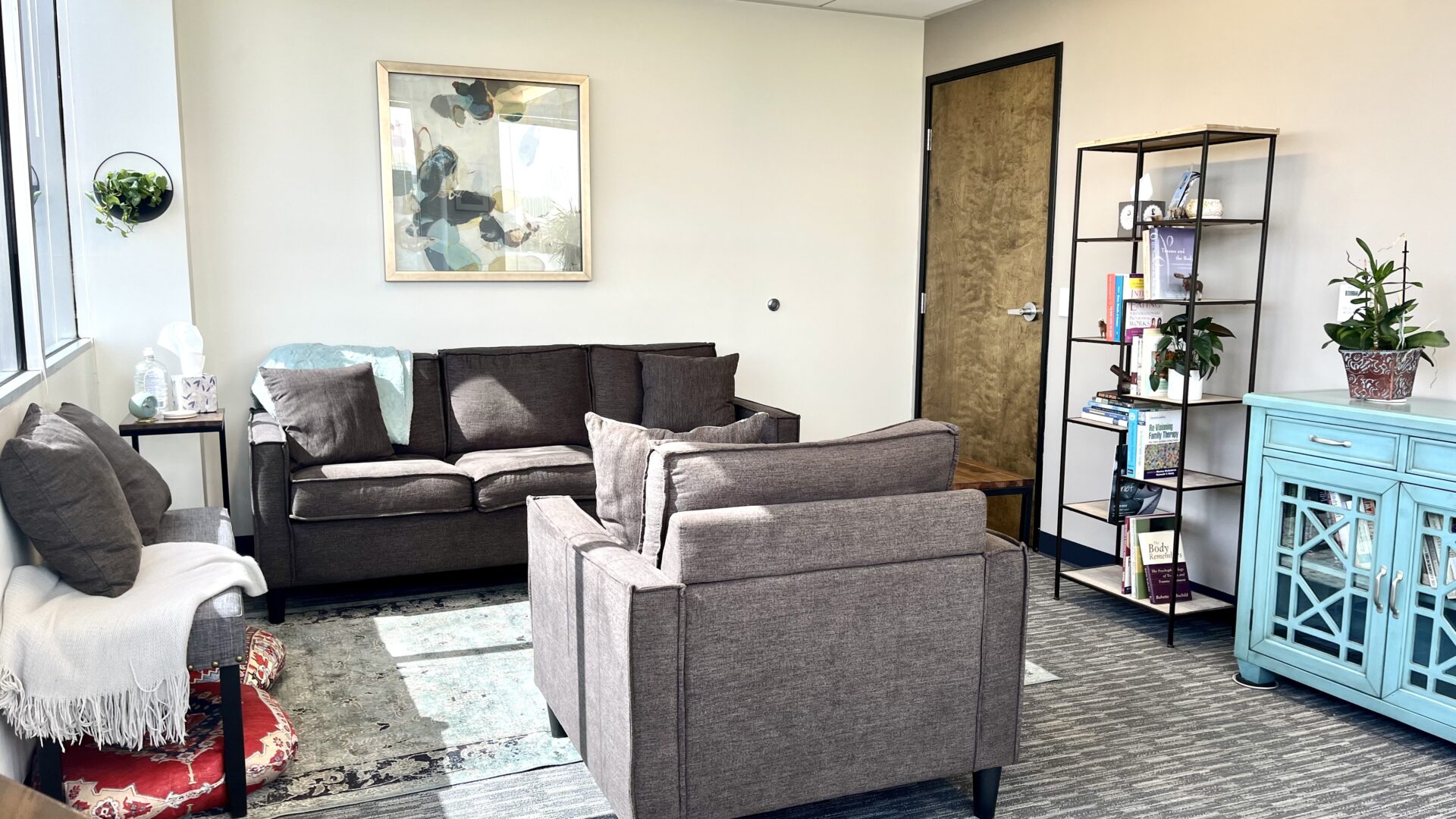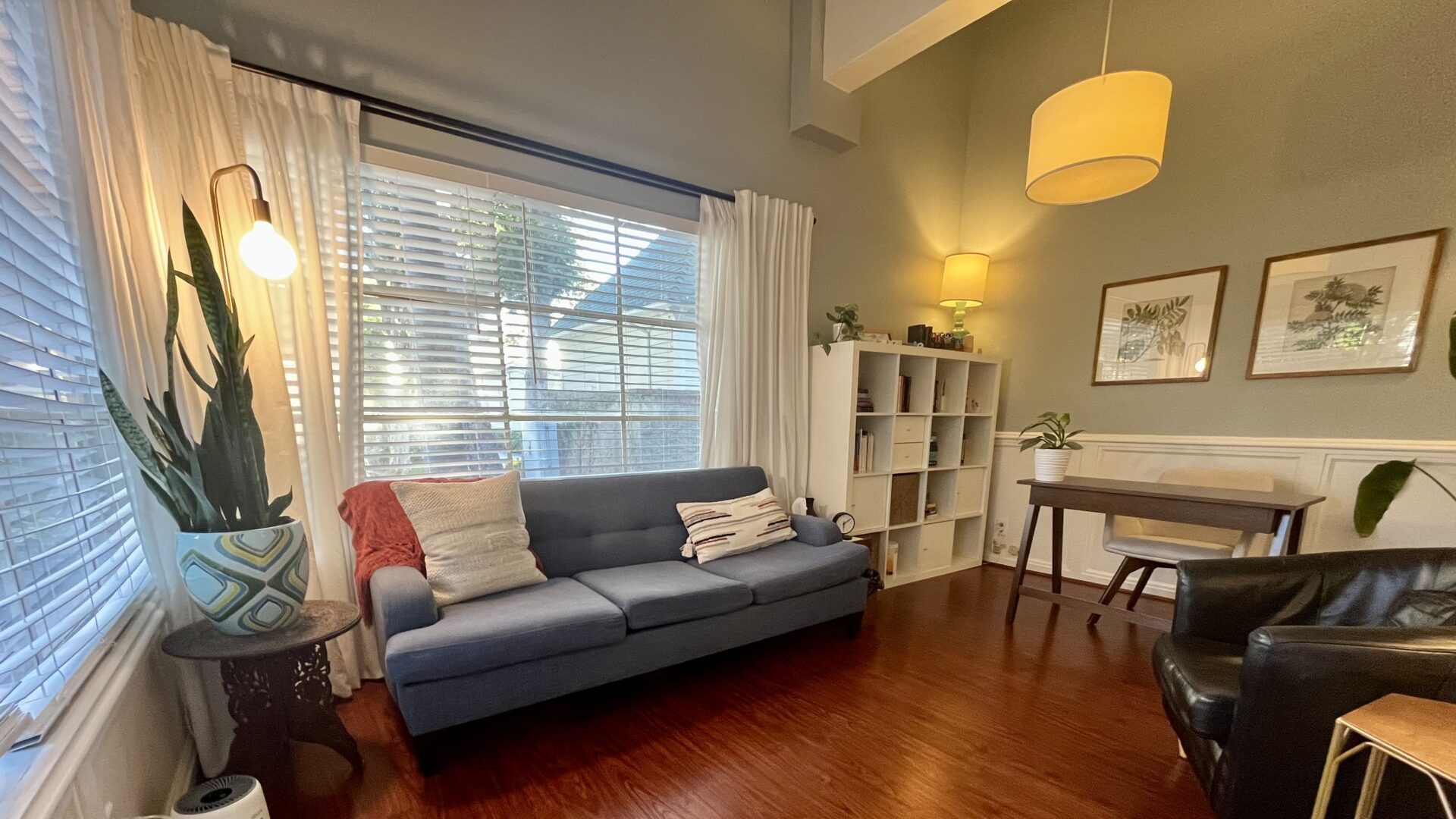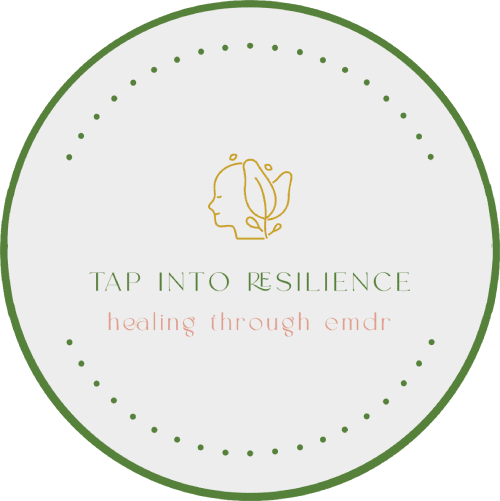Primary Therapist
Theresa McNeeley, LMFT, ATR
Certified EMDR Therapist
(she/her)
I’ve been a psychotherapist since 2005, and have gradually narrowed my focus to trauma as I saw the lasting changes in my clients’ lives when we focused on how their bodies stored past experiences and worked to resolve what was stuck. I am a dedicated EMDR-certified therapist committed to social justice and promoting equitable access to mental health care. To that end, I have a sliding scale depending on need. In order to provide comprehensive and effective care for my clients, I integrate different theoretical approaches through an inclusivity lens and an ever-deepening understanding of the social and systemic factors that contribute to trauma.
The therapeutic approaches I use are proven to be powerful in helping people recover from the symptoms and emotional distress caused by traumatic experiences. Whether it's addressing PTSD, anxiety, depression, panic disorders, or addictions, these approaches have consistently shown to be effective in supporting transformative change.
Central to my practice is the client-centered and trauma-informed nature of EMDR. I provide a safe and supportive environment, guided by a deep respect for my clients and a desire to understand their emotional needs. I make sure to include the impact of intersecting identities, such as race, gender, sexuality, and disability in my understanding of who they are and what they may need from me. I honor my clients’ unique qualities, experiences, and cultural backgrounds throughout the therapeutic process.
When you contact me we’ll schedule an hour-long free consultation, during which my priorities are to listen to what motivated you to seek support, and to begin establishing a genuine connection with you. I like to guide people through some quick breathing exercises, or through a guided meditation so they can get a good idea of how I work and begin to learn how to contain overwhelm. I think that hour is essential to helping people commit to their healing. Whether it’s with me or with a therapist I can refer you to (should you decide I’m not the right fit), I’ll be the best support I can be during my part of your journey.
In my practice, you can expect the sessions to follow a flow that continues the work we started in the consultation hour. We’ll start by going through your history, discovering and developing the right coping strategies for you, and reviewing what’s going well in your life. The positives in your life deserve attention too! This can take anywhere from a few sessions to months. We’ll develop a plan during this time and discuss where to begin your processing and why.
One of my goals for you is to help you cultivate your self-trust while you identify and heal your wounds, ensuring that your voice and agency are central in the healing process. Ultimately, we’ll work towards fostering a greater sense of well-being, safety, confidence, and healthier relationships. Many clients have described their experiences as profound and "magical," highlighting the remarkable and swift changes they observe during treatment, which further fuels my commitment to providing accessible and transformative care.
Additionally, I offer art therapy as a valuable tool for those seeking to tap into the healing potential of art-making. Art was central in my master’s program and to my development as a therapist. Although I don’t use this approach with everyone in every session anymore, I find art continues to be an essential part of some clients’ healing, whether in session or between. This approach fosters self-esteem, self-reflection, and awareness, promotes insight, enhances social skills, resolves conflicts and distress, and improves cognitive and sensorimotor functions.
My educational background includes an M.A. in Marital & Family Therapy with Specialized Training in Art Therapy, as well as a B.A. with a Major in Psychology and a Minor in Studio Arts from Loyola Marymount University. After graduating, I’ve continued to engage in ongoing education through professional trainings and workshops, volunteer work, and my experiences in diverse community settings, which have expanded my understanding of the populations most impacted by oppressive conditions. These experiences included working with LGBTQ+ adolescents in foster care, providing culturally responsive mental health support, and supporting children and their families facing intersectional stressors related to poverty, homelessness, foster care, addiction, abuse, adoption, and trauma. My understanding of trauma and the systems that contribute to it have been shaped by decades of my involvement in peoples’ lives both through mental health care and grassroots organizing, deepening my commitment to social justice, anti-oppressive practices, and trauma-informed care.


Co-Therapist Cricket
Cricket is happy to be of service as well. She is an 8-year-old terrier mix who loves being my co-therapist. She can't wait to meet you but won't be offended if you're not as excited to meet her. Let's be honest - she mainly naps.
Are you ready to get on the path to a healthier you? Get in touch today to get started!
Long Beach Office
3711 Long Beach Blvd., Suite 5003
Long Beach, CA, 90807
Wednesdays 9:30 am - 4:00 pm


Tustin Office,
232 W. Main St., Suite 103,
Tustin, CA., 92780
Thursdays & Fridays
10:00 am - 6:00 pm
